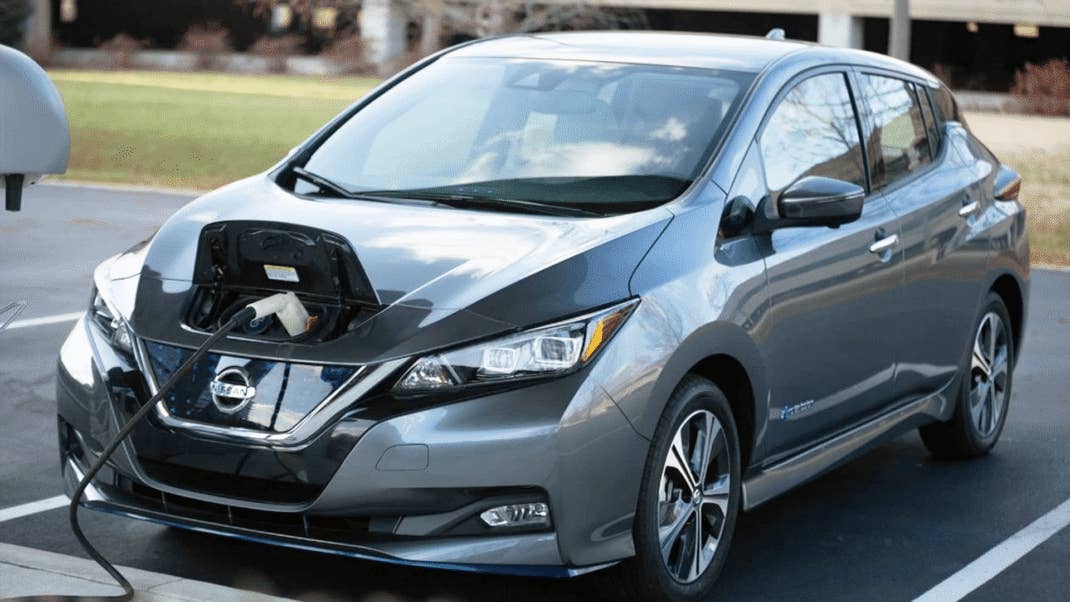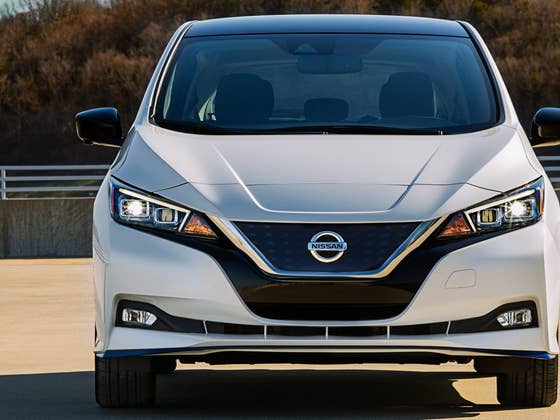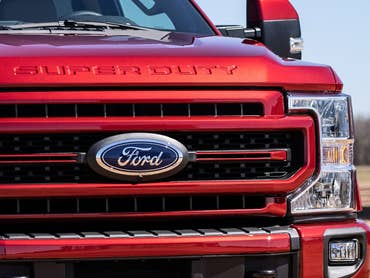Avoid Fast Charging Your Nissan Leaf
Earlier this month, the National Highway Traffic Safety Administration (NHTSA) issued a recall for 2021 to 2022 Nissan Leaf models equipped with Level 3 fast charging. Approximately 19,033 units are affected, including hatchbacks with 40.0-kWh and 62.0-kWh battery capacities.
According to documents published by NHTSA, the recall stems from battery flaws. The affected battery packs contain an excessive amount of lithium deposits within the cells, which increases electrical resistance. This condition can lead to rapid overheating when the battery is charged using a Level 3 fast charger and may result in a battery fire.

The issue can occur without warning, making it especially dangerous if the vehicle is charging near a structure, such as inside a garage.
For now, Nissan advises owners of affected models to avoid using Level 3 chargers. Level 1 and Level 2 charging options are considered safe.
Free Fix Is on the Way
Nissan plans to resolve the issue by updating the battery and charging software, likely limiting charging speed during DC fast charging. Dealers will perform the update free of charge, according to the company.
Nissan has announced it will begin notifying owners on October 24, with a second notice to follow once the fix is ready.
Owners with questions can contact Nissan’s customer hotline or visit the NHTSA website and enter their VIN to check for related safety recalls.
Do EVs Pose More Danger Than Conventional Cars?
This isn’t the first time Nissan has recalled the Leaf over battery fire risks. Last year, more than 25,000 Leaf models from 2019 to 2022 were recalled for the same issue.
While safety recalls affect both internal combustion engine (ICE) vehicles and EVs, electric vehicles tend to face more system-related failures and fire hazards due to their complex electrical components. Battery packs, in particular, have long been a concern. Lithium-ion cells can ignite quickly and are notoriously difficult to extinguish once ablaze.
Do you own an EV? What do you think are the biggest risks? We’d love to hear your thoughts.





